Caldwell University
February 13, 2023
University partners with YWCA for conversation on bias crimes in New Jersey
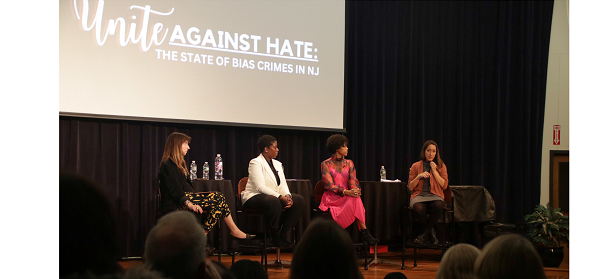
Nearly 250 people gathered at Caldwell University Feb. 8 for a discussion of the impact of bias crimes on communities. The town hall meeting, “Unite Against Hate: The State of Bias Crimes in NJ Town Hall,” was hosted by YWCA Northern New Jersey in partnership with the University, and focused on racial trauma on communities, public health, and public safety.
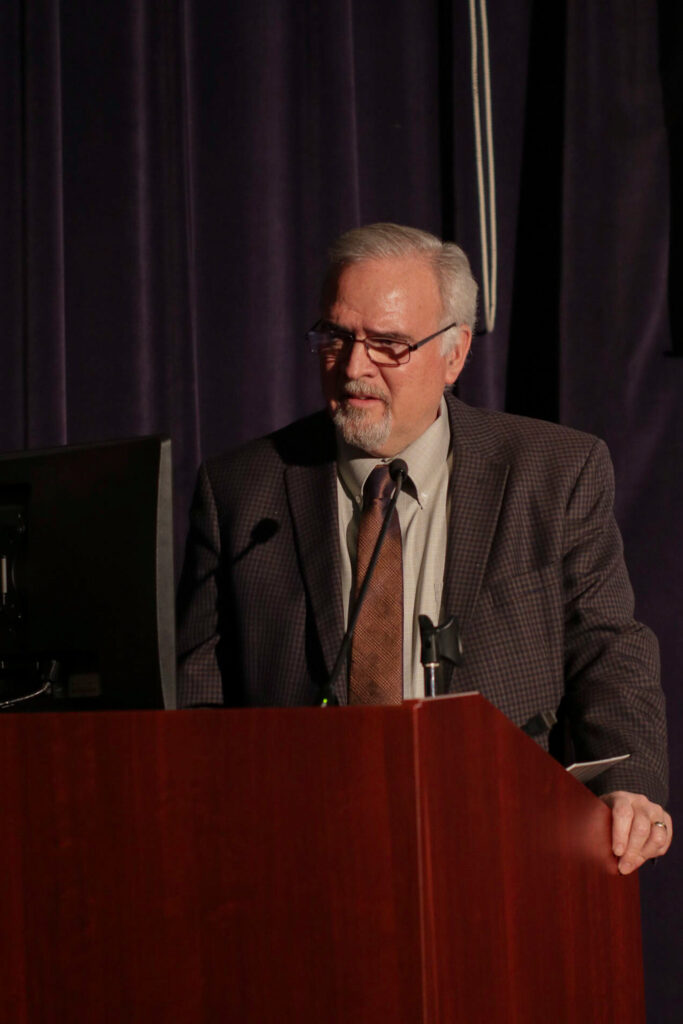
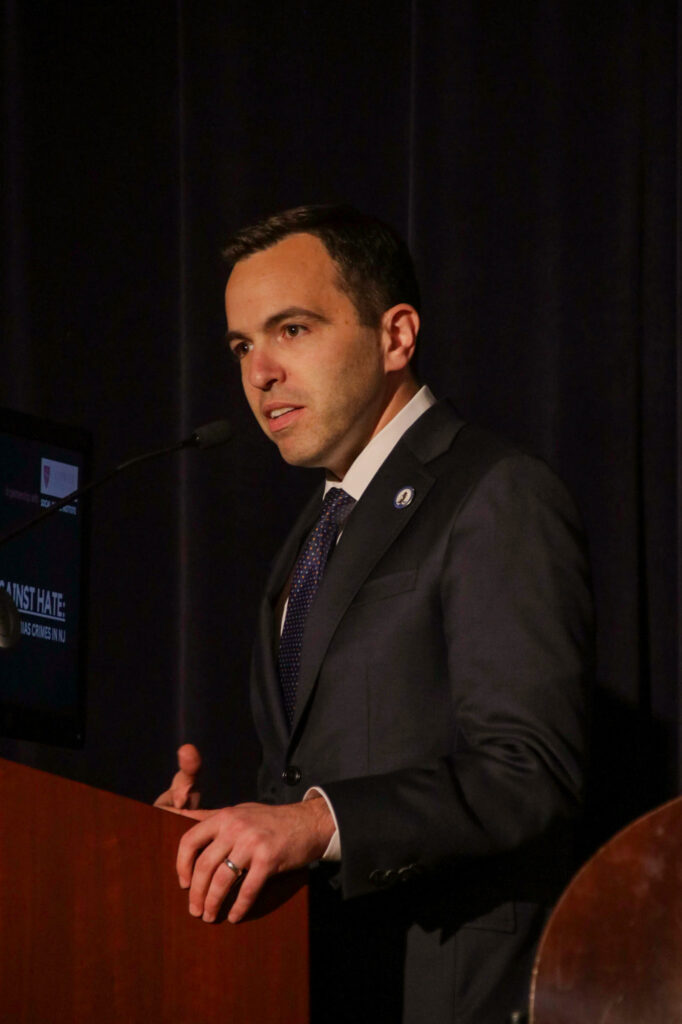
The forum featured remarks from Caldwell University President Whelan, Ed.D., and New Jersey Attorney General Matthew J. Platkin. The panel was moderated by the CEO of the YWCA, Helen Archontou, with guest speakers Monique Joseph, a mother and community activist; Dr. Chris T. Pernell, a physician leader and social change agent, and Professor Lena Campagna, Ph.D., chair of the University’s Sociology and Criminal Justice Department.
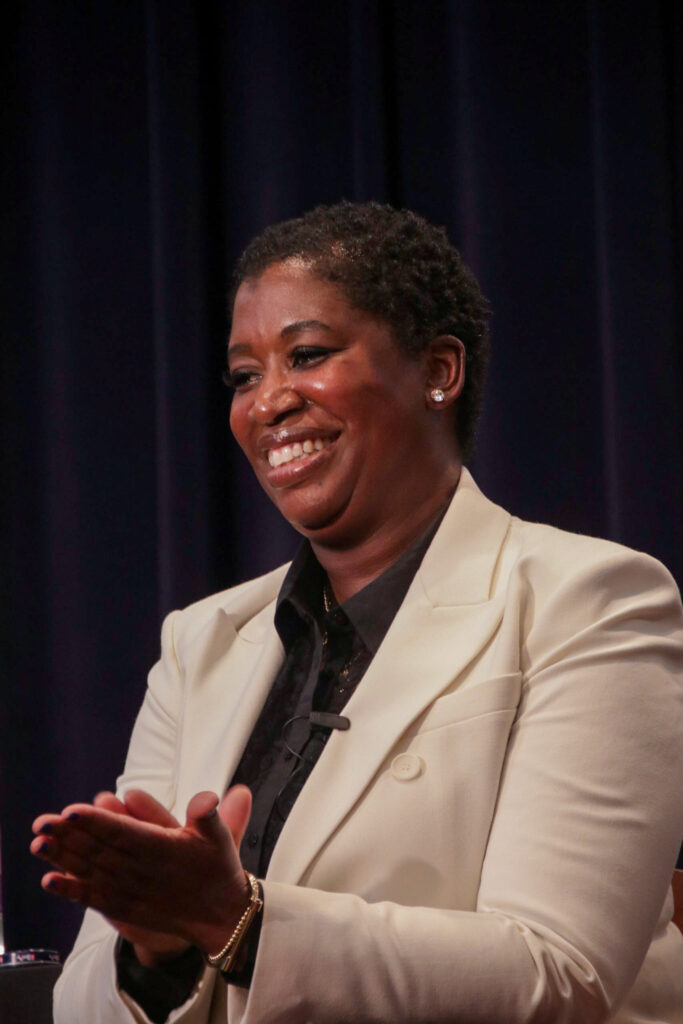
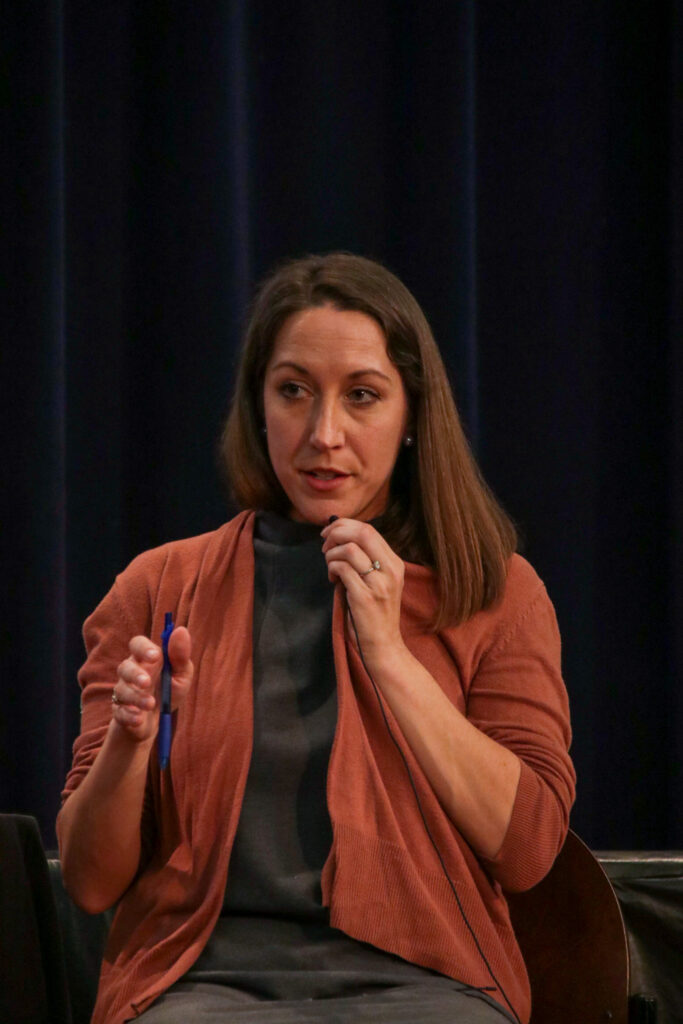
“As a university committed to forwarding the core values of our founding Dominican sisters, including the promotion of justice and the sacredness of creation, Caldwell was pleased to host this important community conversation,” said Dr. Whelan. ‘We were happy to welcome public officials, nonprofit leaders and those interested in working toward a world in which hate and bias do not exist.”
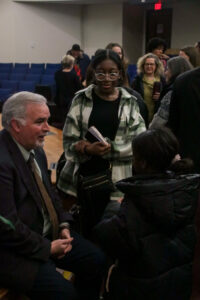
Joseph and Pernell shared their personal stories, and the discussion focused on the importance of speaking up and raising awareness of racial and cultural empathy and providing resources to the community. “It is a teachable moment,” Joseph said. “We have made ourselves so vulnerable because I was teaching my daughter to speak up. The situation that I was in, I learned from it, as well as from the shared experiences told to me, and for those incidents not reported, I hope that this can lead the way.” Pernell spoke about the effect of racial trauma or race-based stress on physical health and how it can lead to PTSD-like symptoms.
Campagna, whose research focuses on victimology and factors that influence victim reporting to police, said bias crimes are unique “in that they are one of those instances where you have to think about and validate whether this is a crime or not or if you are overreacting. And that adds a lot of pressure to reporting an already difficult instance.
“One of the biggest reasons people don’t report direct or vicarious experiences with police and other institutions is because of legal cynicism. It’s in the name. You [assume] nothing is going to happen if you go ahead and report, so why retraumatize yourself or your family or others around you?”
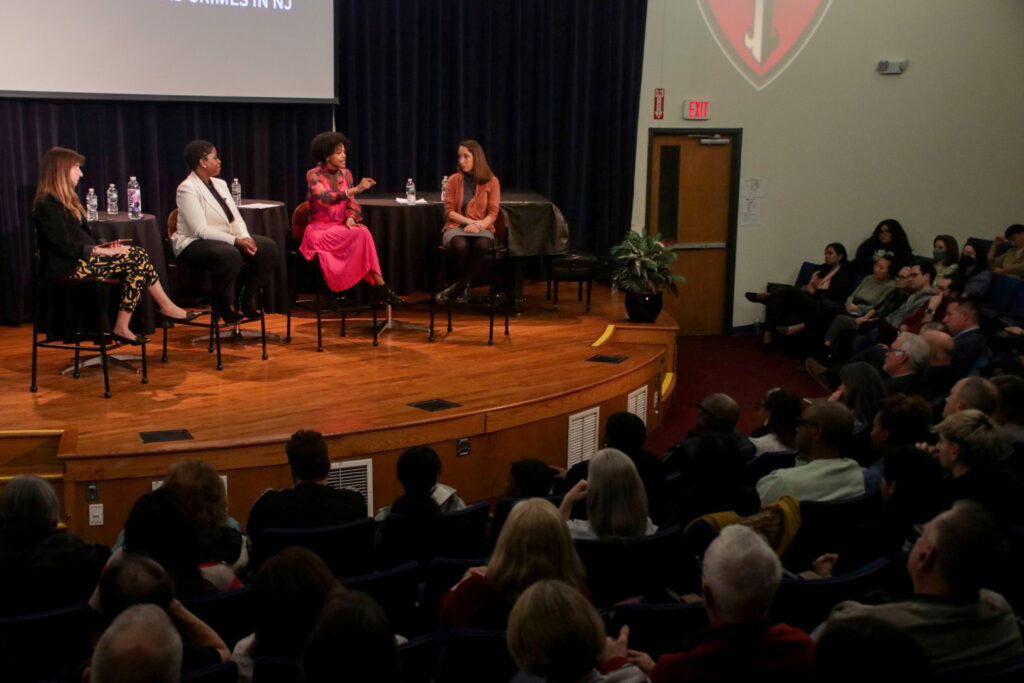
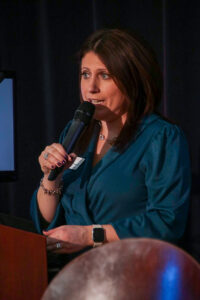
The University’s Social Justice Institute members who worked with the YWCA on planning for the forum are Helen McGowan, J.D., associate professor in the School of Business and Computer Science; Tim Kessler Cleary, assistant dean for student engagement and retention; Abdul Staten, director for student advocacy and prevention; Stephanie Sitnick, Ph.D., interim associate dean of the School of Psychology and Counseling and Calman Endowed Chair, and Stacey Murphy, an adjunct faculty member in the School of Business and Computer Science.
To view the town hall, click here.





